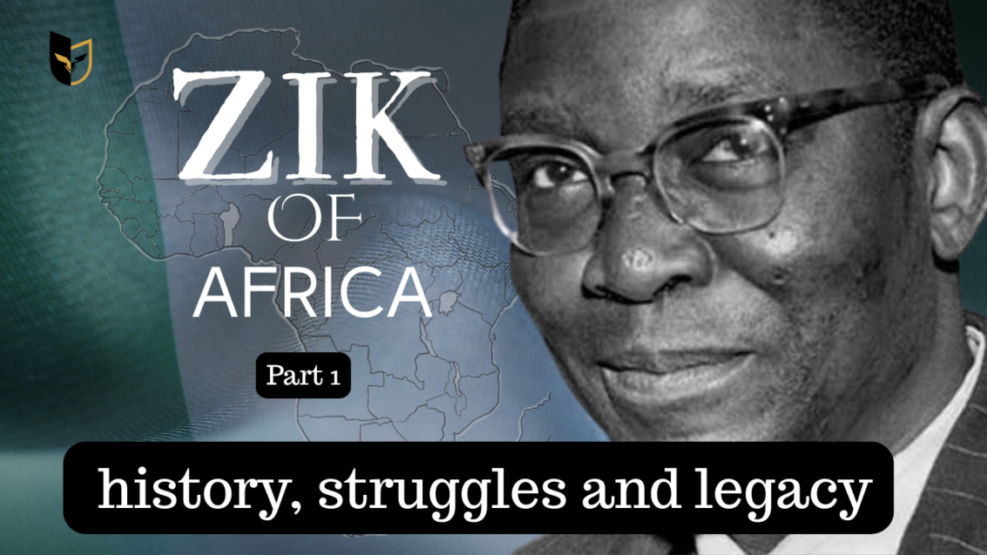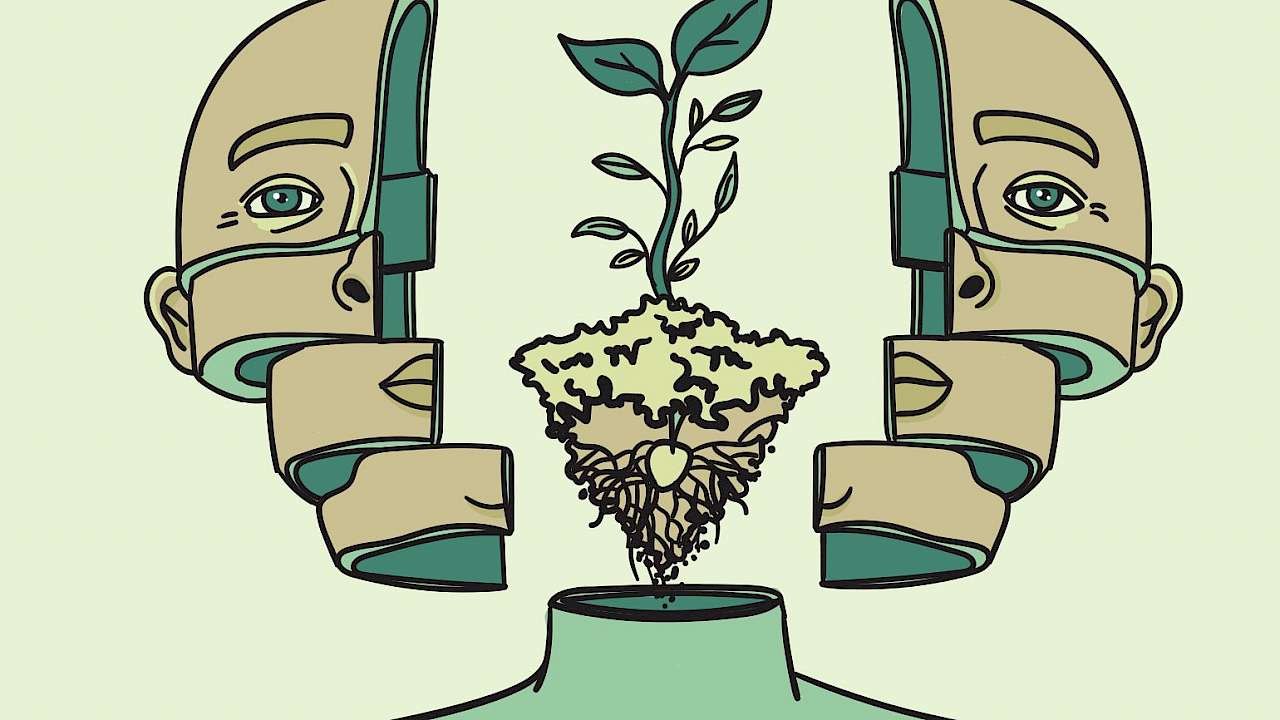No products in the cart.


There are many things that affect Igbo growth. Some are political, cultural, religious, and much more but there is one thing that may have been more insidious, which is ideological differences. Could this be a reason that the Igbo are tagged a people without unity? Could this be a reason that most conversations for the good of Igbo often end in discordant tones?
An ideology as explained in Routledge Encyclopedia of Philosophy, “is a set of ideas, beliefs and attitudes, consciously or unconsciously held, which reflects or shapes understandings or misconceptions of the social and political world.” Karl Max defined it as, “production of ideas, of conceptions, of consciousness” He continued, “Ideology functions as the superstructure of a civilization: the conventions and culture that make up the dominant ideas of a society.”
From these definitions, we will better understand what ideologies – diverse ideas, beliefs and attitudes, can do to a society when held negatively and at the same time, having plenty of it could disorganise a society and set it off to an unrecognisable society. Differences in ideologies with no mechanism of pooling together leads to disintegration and lack of progress. In Igbo life, it makes each of an ideologist a king in his or her thoughts.
The first ideology dealing with the Igbo people is the criminalisation of poverty. No one wants to be poor as that is understood to be a curse but even as poverty is not a choice, fate is not what one decides. A poor person can be very comfortable and at peace with oneself and their environment. No family wants to be reckoned with poverty and as such the quest for material possession took away the philosophy of “Good name is better than gold”. No one asks questions on acquired wealth. People do all sorts of things like ibute ike, oké ite, ritual killings – which are more illusive, manipulative, and ephemeral, to make money. This ideology sowed the seed of envy and anger and desire to exterminate who one cannot compete with. While Igbo people abhor laziness and edify hard work, poverty should not be criminalised.
Belief in republicanism as the bedrock of Igbo intra-human relationship. Many people have touted republicanism as the nature of the Igbo whereas Igbo people believe in community. The ideology of republicanism is eroding the bonding of community where people sing, dance and do many things in common at the kindred and community levels. This ideology gave birth to Nkali (Negative Superiority) Nkpali (Disrespect and Abusive behaviour) and Mmegbu (Oppression) as outlined by Osita Chidoka. The attitudes of Nkali, Mkpali and Mmegbu have driven the Igbo to stretch at the hems.
Religious ideology is an area very vast that permeated the fabrics of Igbo life and tore it apart. The first was the infighting between the Anglican and Catholic churches which made families see themselves as enemies. People who allowed their children to marry from either churches often faced scorn and even punishment. Then the brotherhoods which brought the idea of ritualism, cultism and hyper drive for material acquisition.
Many other forms of churches further tore the community apart that many people who see themselves as born again felt they are not warranted to contribute to the community’s development. The arrival of Pentecostalism brought many bad, hypnotic and manipulative situations that are now tearing families further apart in the name of “village people” and which is further affecting the bond within families and extended families. Religious ideologies also stem from the originating place or the founder of the particular church organisation.
People tend to adopt the idiosyncrasies of these places and the founders which are mostly at variance to Igbo world-view and way of life. The more the proliferation of these religious organisations, the more the bond of Igbo unity tears apart. The phantom miracles also affect the psyche of the Igbo people.
Ọdịnanị is the original religion of the Igbo but the ideology behind the belief has perceptibly shifted to charm-making, sorcery, witchcraft and voodoo. It will take efforts to separate the Ọdịnanị from these beliefs which have turned Ọdịnanị to a religion against nature and human advancement.
Political ideology that identifies pro-Nigeria, pro-secession, pro-Igbo and pro other regions in-between is also affecting the political choices and outing of the Igbo people in Nigeria. In addition to that, the “onye ube ya ruru rachaa”, “ebe onye bi o wachie”, affect the Think Home movements and investments in the Igbo land. These investments outside the Igbo land are crippling the Igbo economy and political choices as they have become subjects of blackmail and coercion.
There is yet another ideology that has driven Igbo down, when it comes those who stay in Diaspora – any place not Igbo, and those staying in Igbo land. Those who stay in diaspora often think themselves as all-knowing coming from the saying that travellers have more knowledge and as such, those living in the villages lack knowledge and are primitive which makes people aspire to live in diaspora. This made the Igbo wealth to be in the diaspora. This also explains the elitism ideology.
The Igbo elites who should steer the dominant social ideologies, often dwell on their high horse and are often utopian with their assessments and solutions towards the Igbo and many times, their assessments and solutions do not resonate with the people and in so doing, the unity of the Igbo has become tenuous.
There are plenty of ideologies to recount but I consider these likely to be very fundamental that have been adversely affecting the Igbo in many ways.
Photo credit: Centre for Research and Evidence on Security Threats
Website Design Service in New Orleans says:
Saved as a favorite, I like your web site!
Office says:
First of all I want to say superb blog! I had a quick
question which I’d like to ask if you don’t mind.
I was curious to know how you center yourself and clear your thoughts before writing.
I’ve had trouble clearing my thoughts in getting my thoughts out.
I do enjoy writing however it just seems like the first 10 to 15 minutes
are wasted just trying to figure out how to begin. Any ideas or hints?
Thanks!